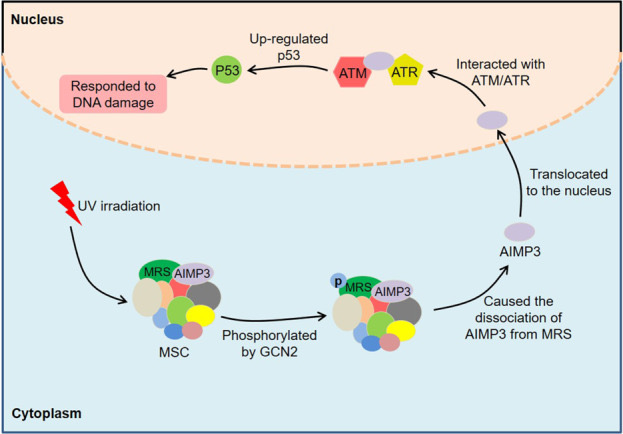Essential Foods to Avoid During Monsoon for Better Health

As the monsoon season approaches, bringing much-needed relief from the summer heat, it also introduces an array of health risks due to increased humidity and the proliferation of bacteria, viruses, and fungi. Health experts recommend caution in dietary choices during this time to prevent foodborne illnesses and other health issues.
The monsoon season, characterized by heightened humidity and waterlogged environments, creates an ideal breeding ground for various pathogens. According to the World Health Organization (WHO), food safety is particularly crucial during such conditions, as contaminated food can lead to severe gastrointestinal diseases (WHO, 2021).
**Leafy Greens**: While leafy vegetables like spinach, cabbage, and lettuce are generally healthy, they pose significant health risks during the monsoon. The high moisture content in these greens can harbor harmful bacteria and fungi. Dr. Emily Henderson, a microbiologist at the University of California, Davis, emphasizes that washing greens thoroughly may not eliminate all pathogens, as they can embed deep within the leaves (Henderson, 2023). It is advisable to replace them with other vegetables such as carrots or beans during this season.
**Seafood**: Seafood is a rich source of essential nutrients; however, the risk of food poisoning escalates during the monsoon months. The Food and Drug Administration (FDA) warns that increased contamination during transportation can lead to outbreaks of foodborne illnesses (FDA, 2022). It is recommended that individuals opt for frozen or canned seafood from reputable sources and ensure thorough cooking to mitigate these risks.
**Street Food**: The allure of hot street food during the rainy season is undeniable, yet it is fraught with health hazards. Street vendors often operate in unsanitary conditions, exposing food to contaminants like moisture, dust, and insects. The National Sanitation Foundation International (NSFI) notes that food prepared in open-air stalls is more susceptible to contamination, especially during heavy rains (NSFI, 2022). Homemade alternatives are a safer choice as they allow for better control over hygiene practices.
**Dairy Products**: Dairy products such as milk, paneer, and yogurt can spoil rapidly in humid conditions. The Centers for Disease Control and Prevention (CDC) advises against the consumption of unpasteurized dairy products during this season as they are prone to bacterial growth, including E. coli (CDC, 2023). It is crucial to consume these products immediately after preparation to minimize health risks.
**Cut Fruits**: The popularity of cut fruits during the monsoon can also pose a health risk. These fruits are often sold at roadside stands and may not be washed properly, attracting harmful bacteria. Dr. Maria Lopez, a nutritionist at the Harvard T.H. Chan School of Public Health, advises purchasing whole fruits and washing them thoroughly at home before consumption (Lopez, 2023). Fruits should be cut just before eating to ensure freshness and safety.
In conclusion, while the monsoon season can be pleasant, it is essential to be aware of dietary risks that can jeopardize health. Health professionals recommend opting for home-cooked meals, ensuring fruits and vegetables are thoroughly washed, and avoiding high-risk foods like seafood, street food, and unpasteurized dairy. By taking these precautions, individuals can enjoy the rainy season while protecting their health. As we navigate through this monsoon, staying informed and cautious is key to maintaining well-being.
**References**: - World Health Organization (WHO), 2021. Food Safety and Its Importance During Monsoon. - Food and Drug Administration (FDA), 2022. Seafood Safety During Rainy Seasons. - National Sanitation Foundation International (NSFI), 2022. Street Food Safety Guidelines. - Centers for Disease Control and Prevention (CDC), 2023. Dairy Safety Tips. - Dr. Emily Henderson, University of California, Davis, 2023. Personal interview. - Dr. Maria Lopez, Harvard T.H. Chan School of Public Health, 2023. Personal interview.
Advertisement
Tags
Advertisement





